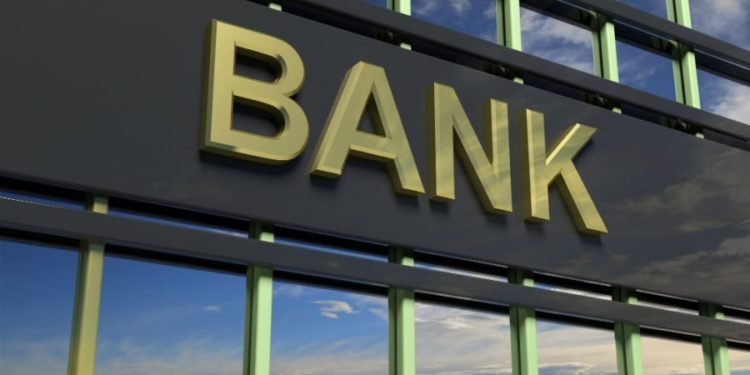Kenyan Banks are expected to slow down their lending activity in the first half of this year as political campaigns gets heated and the 2022 August general polls approach.
According to a research note by investment Bank Renaissance Capital, 2022 polls jitters has implications on how banks will perform. A tense and protracted election cycle will be negative given the disruption to the banks’ business activity and the potential headwinds that could arise.
However, a peaceful election cycle will be positive for the banks as this will be less intrusive to their business operations and beneficial for returns.
“Leading up to the start of the official campaigns and eventual election, there could be some deceleration in economic activity in order to ascertain how the election plays out. This could slow lending and transactional activities at the banks. However, we expect this to rebound fairly quickly after the end of the election cycle,” said the research note from Renaissance Capital.
The Investment Bank reckons that due to the upcoming August polls in Kenya, political risks are heightened which could affect the macro environment, loan growth, asset quality and transactional activities of Banks.
Although there has been a strong economic rebound (GDP up 9.9% year on -year in the third quarter of 2021, recovery could still be affected by the various mutations of the COVID-19 virus and the effect this has on global supply chains and operations.
“Asset quality of Banks continues to be a key risk especially given the current political landscape and the economic shocks that could still occur,” said Rencap in the research note.
Although there is upside risk to inflation, the CBK is not expected to do a policy rate change in the near term.
Renaissance Capital says Central Bank of Kenya (CBK) speedy approval of the risk-based pricing template could push margins up and improve the returns profile of the Kenyan banks.
Kenyan Banks in discussion with CBK over risk-based pricing template
According to the banks, conversations with CBK are at the final stages, stalled by ongoing discussions around the acceptable charges on fees and commissions. A positive resolution here could lift margins
Kenyan Banks could face intense competition from fintechs and telcos while pursuing their respective digital strategies.
The regional diversification that the banks have done in recent times also creates political and socio-economic risks. For example, DRC’s political landscape has been historically volatile; Equity has a significant subsidiary there and KCB is currently exploring options, a fluid situation that could affect Kenyan Banks
There are also execution risks in the implementation of the Kenyan banks’ regional strategies.
Renaissance Capital Africa Economist, Yvonne Mhango, expects no change in the Central Bank Rate in 2022, partly because it is an election year.
Risks to this include a weakening Kenya Shilling and rising food prices which could cause upward inflationary pressure.
The Investment Bank holds the view that inflation will pick up to 6.2% by the end of 2022, from the 5.7% estimate in 2021.
The 91-day Treasury bill rate has been somewhat sticky year to date, in a range of 6.6-7.2% during the 2022. But upside risk to rates exist due to the expected government borrowing during the year.
With the ongoing finalization of the risk-based pricing model for Banks by the CBK, Renaissance Capital believe that the Kenyan banks could take a more accommodative stance towards lending in 2022 compared to the 2017 election cycle.
ALSO READ: East Africa To Lead Sub-Saharan Africa’s recovery from COVID-19 – Renaissance Capital Economists











